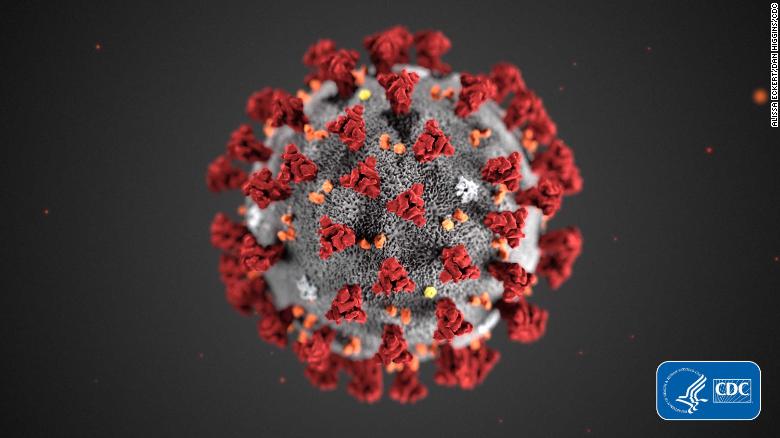Food
Food is
any substance consumed
to provide nutritional support for an organism. Food is usually
of plant or animal origin, and contains
essential nutrients, such
as carbohydrates, fats, proteins, vitamins, fiber and minerals. Food
is ingested by
an organism and assimilated by the organism's cells to
provide energy, maintain life, or stimulate growth.
Foods
are of three types namely:
•Solid
foods such as yam, rice, bread, beans etc
•Liquids
foods such as milk, juice, tea etc.
•Semi-solid
foods such as pap, cerelac etc
BALANCED DIET
A
balanced diet is a diet which provides all the nutrients in the required
amounts and adequate proportions.
UNHEALTHY EATING HABITS
•Binging: When foods
are low in fiber and high in sugar or salt and partially hydrogenated trans
fats the tendency is to over-consume. ...
•Starving Yourself
•Not Knowing
What You Eat
•Sugar, White
Flour, Caffeine and simple carbohydrates
•Skipping Breakfast
•Lack of Exercise
•Not Drinking
Enough Water
WATCH VIDEO OF HARMFUL DIET
CLASSES OF FOOD
There are
six major classes of food based on their nutrient properties. It usually includes the following classes: Water Vitamins Minerals Protein Fats and Carbohydrates (including fiber) .
• These
nutrients can be classified into macronutrients and micronutrients.
Macronutrients usually include water, fibre, fats, proteins, and carbohydrates. They
are needed for our body in large quantities. Micronutrients include vitamins
and minerals. They are needed in our body in much fewer quantities
•These
six classes of food are:
CARBOHYDRATES
•Carbohydrate
molecules are made up of hydrogen atoms, oxygen and carbon. Carbohydrate
is essential for producing energy. Bread,
yam, bread, rice, pasta, oatmeal, and noodles are common sources of
carbohydrates.
FIBRE
• Fibre is a type of carbohydrates that is not
totally absorbed by human beings. Fibre in the diet is usually made up of
cellulose. It’s a large carbohydrate which cannot be
digested by our body because of the lack of enzymes. Fibre can
be found in fruits (oranges, currants, pears), vegetables (onion, corn,
broccoli, garlic, green bean), pulses (beans, lentils) and whole grains
(cereals). Fibre is
needed to keep our digestive system healthy and ready to do its job. It also
contributes to the processes, like stabilizing cholesterol and glucose levels.
The diet which is rich in fibre can prevent coronary heart diseases,
bowel cancer, and diabetes
•Protein
is the main structural component of the cells of our body. It helps the
building and repair of body cells and tissues. Protein molecules are largely
made of hydrogen, oxygen and hydrogen, carbon and nitrogen. Every molecule of
protein is made up of thousands of amino acids. Our body needs these elements
to create new protein and maintain the existing ones. Some
sources of protein are:
chicken,
beef, fish,
eggs, milk, beans,
etc.
FAT AND OILS (LIPIDS)
•Fat
and oils are collectively called lipids. They also provide energy for the body.
Fats also help to absorb fat-soluble vitamins and regulate body temperatures.
Fats are mostly from animal sources while oils are from plant sources.
MINERALS
•Minerals
help
your body grow, develop, and stay healthy.
Mineral elements are
less needed for our body, but they are also an essential part that keeps us
healthy. Minerals
include
Calcium, Iron, Magnesium, Potassium, Zinc and so on. You can find these
minerals in dairy products, meat, fish, poultry, grains and so on. Minerals perform
various
functions like building blocks for our muscles, bones, and teeth, carrying
oxygen in our body, keep fluids balanced.
•
VITAMINS
•Vitamins
help to keep the body healthy and fight against diseases. Vitamins are grouped
into two namely:
•Water
soluble vitamins: examples are vitamins B and C
•Fat
soluble vitamins: examples are vitamins A,D,E, and K
•Vitamin
A contributes to the health of our eyes and is very important for
children. Common sources of Vitamin A are yellow pumpkins, fruits,
carrots, orange, leafy vegetables (like Spinach) and
squash.
•B
vitamins are important for making sure the body's cells are functioning
properly. They help the body convert food into energy (metabolism), create new
blood cells, and maintain healthy skin cells, brain cells, and other body
tissues.. Good sources of B vitamins are oatmeal, meat, fish, vegetables,
avocados, brown rice, potatoes, eggs, dairy products, bananas, liver, and tree
nuts
•Vitamin
C, also known as ascorbic acid, is necessary for the growth, development and
repair of all body tissues. The deficiency of Vitamin C may cause
scurvy. Sources of Vitamin C are bananas, blueberries, broccoli, carrot,
cherries, corn, cucumber, green beans, grape, mango, pear, peaches, plums,
orange and watermelon.
•Vitamin
D-rich sources are fish, eggs, liver, and mushrooms. Vitamin D helps to
maintain calcium absorption. Other than food sources, Vitamin D can be
obtained from the sun.
•As
a fat-soluble nutrient, vitamin E functions mainly as an antioxidant,
which means it helps protect cells from damage caused by unstable molecules
called free radicals.. Seeds, nuts, and vegetables are good sources of
Vitamin E.
•Vitamin
K can be obtained from leafy green vegetables, liver, and egg
yolks. Vitamin K deficiency may cause bleeding diathesis, gum bleeding,
problematic blood clotting, and bleeding associated with the digestive system.
•Water
is an essential part of our food. The
Human body is essentially 80% water. Therefore, we need to maintain that
balance to survive and stay healthy. Fortunately, water can be found in any
product. It is a simple combination of hydrogen and oxygen, but we cannot
survive without this.
SEE HOW SOME FOOD CLASSES CAN BE TESTED IN THE LABORATORY IN THIS VIDEO

No comments:
Post a Comment